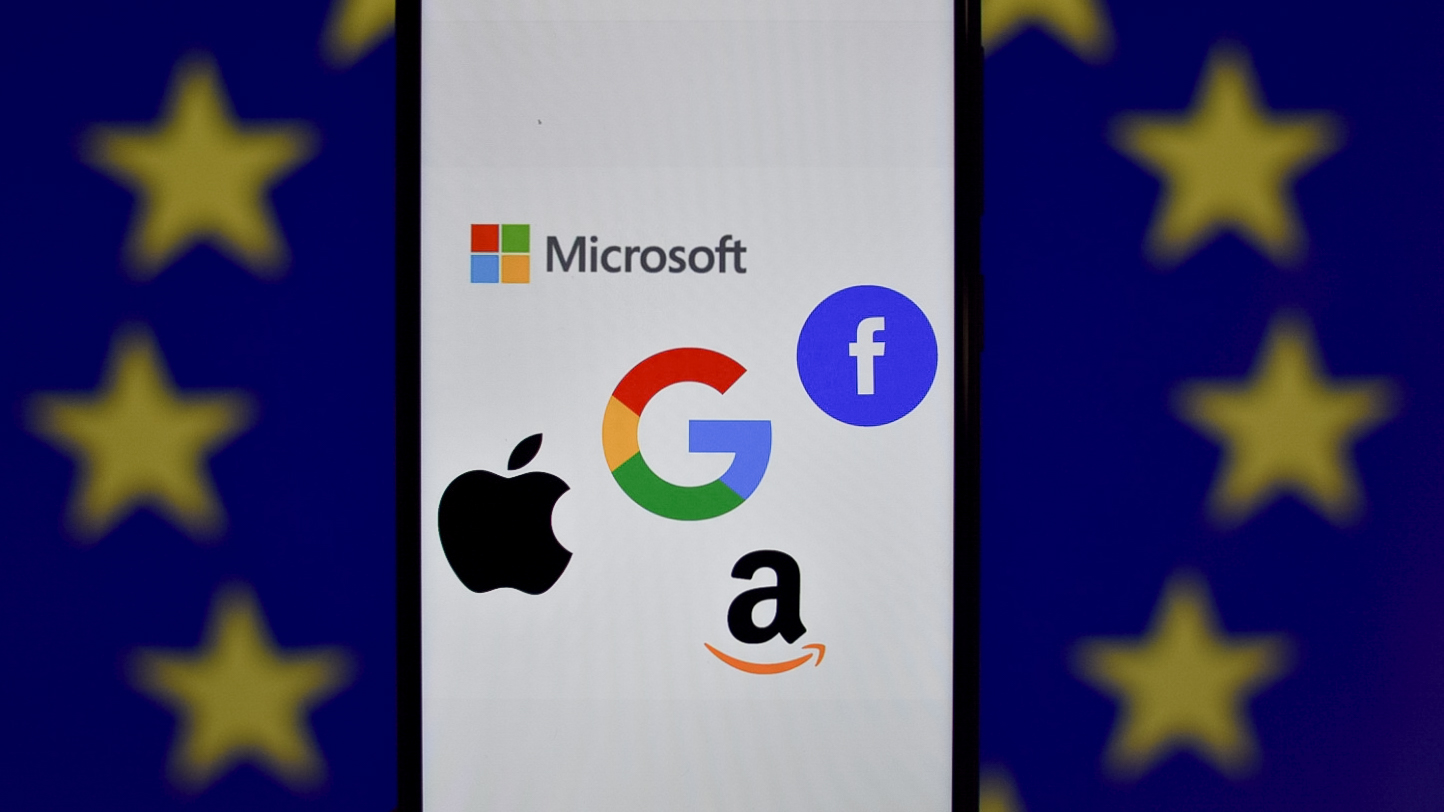EU Parliament passes new rules to rein in Big Tech's market dominance
Tech giants will be forced to make uninstalling preloaded apps a breeze, among other measures.

What you need to know
- EU lawmakers have passed landmark rules to rein in Big Tech's business practices and limit their dominance.
- The Digital Services Act and Digital Markets Act seek to hold tech giants accountable for the spread of illegal content online and for potentially unfair practices.
- However, there are concerns that the new rulebook might face tough enforcement challenges.
EU lawmakers signaled that they were serious about limiting the market power of tech giants when they provisionally agreed to the Digital Markets Act (DMA) earlier this year. They have finally passed two sets of rules that will take antitrust enforcement in the EU to the next level.
The European Parliament has greenlighted the new Digital Services Act (DSA) and DMA, forcing big messaging platforms to interoperate with smaller services and requiring tech giants to make it easier to uninstall preloaded apps on any device. In addition, the EU's new policies intend to allow consumers to download apps from third-party sources.
The rules also seek to give consumers more choice by preventing Big Tech from favoring their own services. Businesses will also be granted access to data generated in those platforms and directly process transactions with consumers. This will prevent Google, for example, from forcing developers to use its Google Play billing method for in-app purchases.
The new rulebook also targets potentially anti-competitive practices of tech giants labeled as "gatekeepers," including Google, Facebook, Apple, Microsoft, and Amazon in the old continent. For example, many of the best messaging apps, such as WhatsApp and Messenger, will be required to allow third-party platforms to interoperate with their services. This puts an end to the "lock-in" effect, which confines a user's experience to a single platform.
In addition, gatekeepers will no longer be able to favor their own services and process users’ personal data for targeted ads without consent. This means smaller digital platforms will have a higher chance of competing with tech behemoths than ever before.
A crucial aspect of the new rulebook is the EU's tougher measures to combat the spread of illegal content online and to prohibit targeted ads that use sensitive data. It also targets misleading content, an effort supported by tech titans who recently signed up to the European Commission's code of practice on disinformation.
Erring companies will be fined up to 10% of their total global turnover in the preceding financial year, or up to 20% for repeated violations. To enforce these rules, the EU will form a task force comprising about 80 officials, Reuters reports.
Be an expert in 5 minutes
Get the latest news from Android Central, your trusted companion in the world of Android
However, the European Consumer Organisation (BEUC) has raised concerns that the EU's limited resources will stymie enforcement efforts. BEUC's Deputy Director General Ursula Pachl urged the EC to add more experts to the task force to better monitor Big Tech's market practices, according to Reuters.
Thierry Breton, EU's commissioner for internal market, allayed fears about ineffective enforcement, saying the Commission is "shifting existing resources" and planning "to ramp up recruitment next year and in 2024."

Jay Bonggolto always keeps a nose for news. He has been writing about consumer tech and apps for as long as he can remember, and he has used a variety of Android phones since falling in love with Jelly Bean. Send him a direct message via Twitter or LinkedIn.
